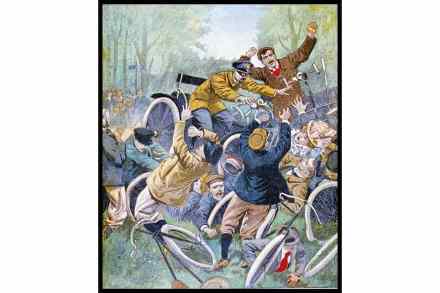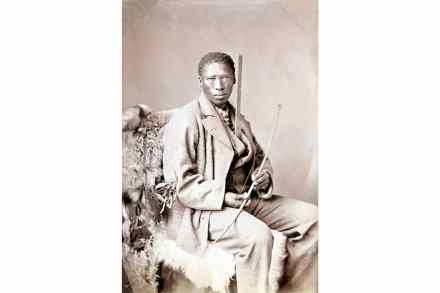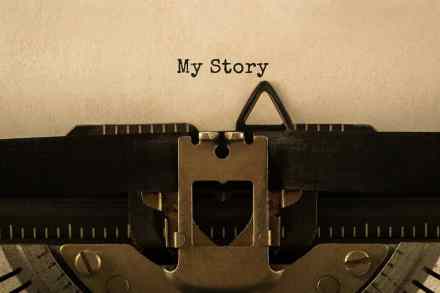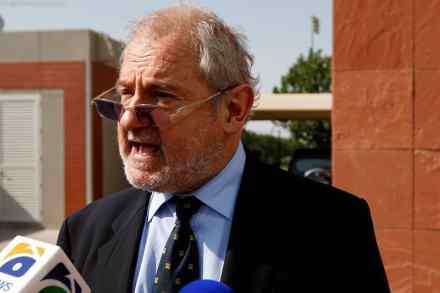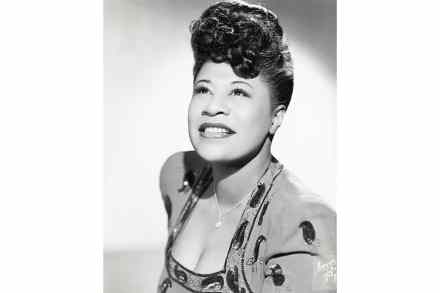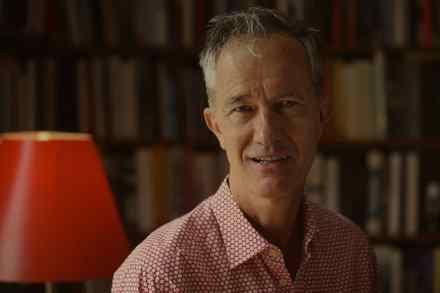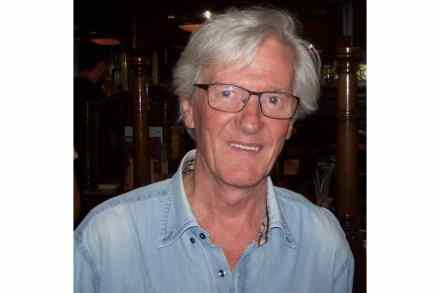A gay journey of self-discovery
Seán Hewitt, born in 1990, realised that he was gay at a very early age. ‘A kind, large woman’ who was babysitting him told him that it was wrong. ‘I was perhaps only six or seven at the time, but she knew. I knew it too. It was as if she had peered into the deep, secret part of my soul and seen what I was hiding.’ Alongside the precocious knowledge came desperate attempts to conceal the truth. Hewitt adopted alien ways of being: ‘I regulated myself; I policed myself.’ As an adolescent, he spread rumours about his exploits with girls. He even watched heterosexual porn on the sitting room



